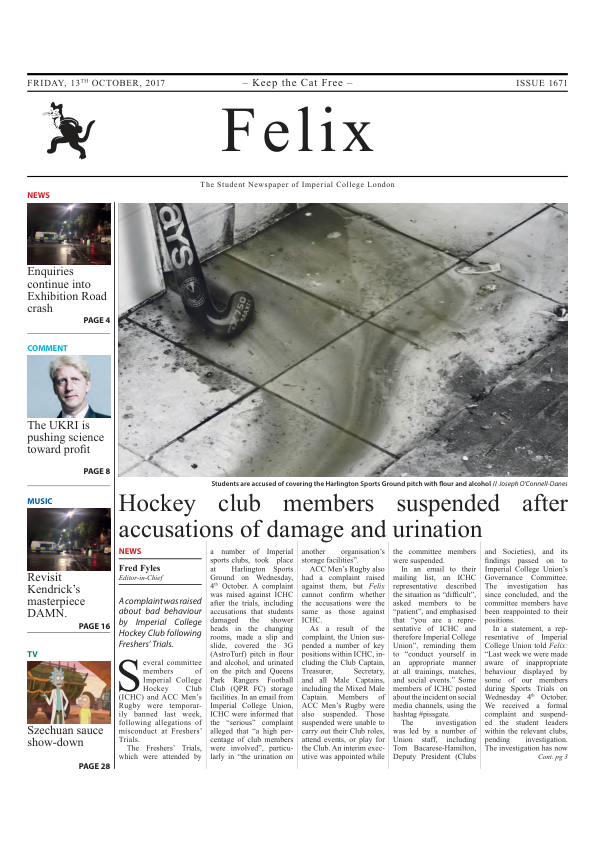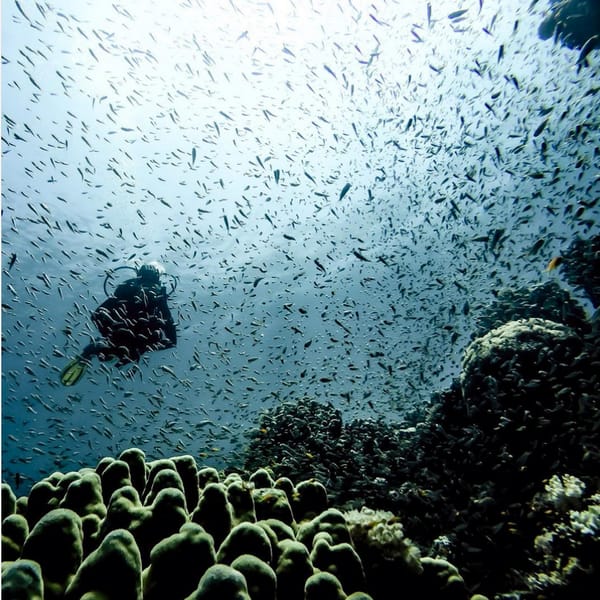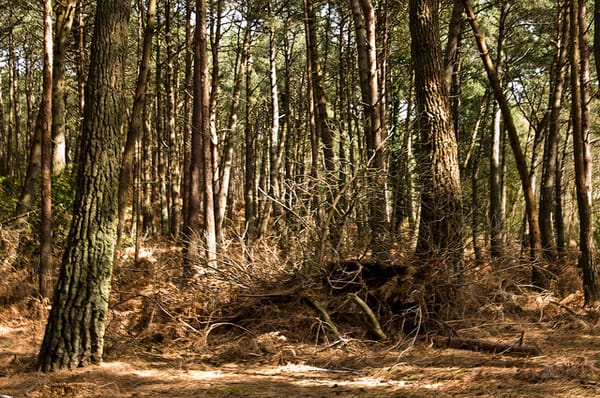75% of global honey contaminated with pesticides
A new study spells bad news for our buzzing friends.
According to a study published 6th of October, 75% of global honey samples were contaminated with several neonicotinoid pesticides.
Levels detected are below the threshold deemed dangerous for human consumption. The report, however, adds weight to a growing body of evidence suggesting that neonicotinoids, like many pesticides, are causing long-term harm to pollinator populations.
Neonicotinoids have been banned from use on flowering crops in the EU since 2013, but this ban only applies to plants such as oilseed rape and to sowing treated seeds during the spring or summer. The ban does not apply in gardens or to crops such as winter wheat.
Environmental groups urged the UK government to permanently extend the neonicotinoid restrictions to all crops and commit to keeping any ban post-Brexit. In June, Julie Girling, a British MEP from the European Conservatives and Reformists Group, led an attempt to block the neonicotinoid ban. Her bid was thrown out by the European Parliament’s environment committee, but is seen by some observers as being part of an effort by the UK’s Conservative Party to prevent the proposed ban. Over 100,000 invertebrate species have a role in pollination and have a considerable influence on the production of more than 150 global food crops.
However, the most crucial pollinators to agricultural crops are bee species. Over the last few decades, many pollinator populations have declined due to various human-related pressures. These include loss of habitat, intensification of agriculture, a more uniform and less biodiverse landscape, and increased pesticide use.
Exposure may not immediately kill a bee, but the results of studies showing sub-lethal effects are concerning.
Impacts include effects on immune efficiency, foraging efficiency, reproductive success, queen survival, and changes in behaviour. If the rate of pollination or amount of pollen collected is lowered, the colony is at higher risk of disease and parasites, and may be less likely to survive in the long-term if colony reproduction is impaired.
Researchers tested 198 honey samples for the five most common neonicotinoids. Samples were collected from all continents, as well as various isolated islands. 75% had a minimum of one neonicotinoid, 30% had only one, 45% had two or more and 10 % had four or five. Concentrations were highest in Europe, North America, and Asia.








